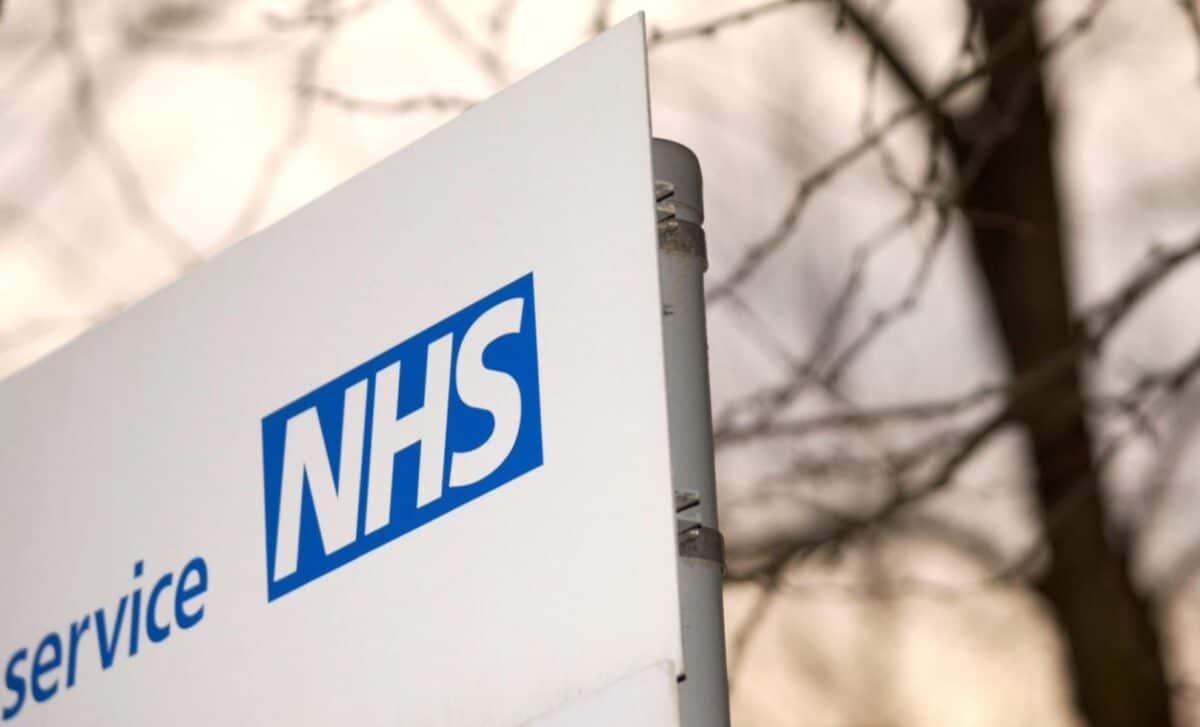The NHS has introduced major changes to its prescription policies, halting the routine treatment of 36 common conditions with items available over the counter.
This initiative, aimed at curbing unnecessary spending, focuses on conditions such as conjunctivitis, cold sores, and mild migraines, alongside products like paracetamol and dandruff shampoos. While this move is projected to save millions annually, it has sparked concerns about accessibility and affordability for patients reliant on NHS prescriptions.
Over-the-Counter Alternatives Now Recommended for Common Conditions
Under the new policy, the NHS will no longer prescribe treatments for a wide range of common conditions, including sore throats, minor burns, sunburn, and seasonal hay fever. Patients experiencing these ailments are now expected to purchase remedies directly from pharmacies, supermarkets, or other retail outlets. The changes reflect a strategic shift towards prioritising NHS resources for more critical healthcare needs.
According to NHS England, the decision follows a public consultation that garnered “broad support” for the measures. Officials argue that many over-the-counter products can be purchased for significantly less than the costs incurred through NHS prescriptions. For instance, the NHS previously spent £22.8 million annually on constipation treatments, £3 million on fungal infection remedies, and £4.5 million on dandruff shampoos.
A representative from River View Surgery stated, “GPs issued 1.1 billion prescription items at a cost of £9.2 billion in 2015/16. The vast majority were appropriate, but many were for medicines, products or treatments that do not require a prescription and can be purchased over the counter… at a much lower cost than the price paid by the NHS.”
Detailed List of Conditions and Treatments Affected
The policy applies to a comprehensive list of conditions deemed manageable without medical intervention. Among the affected conditions are:
- Acute sore throats
- Conjunctivitis
- Infrequent cold sores
- Mild cystitis
- Cradle cap (in infants)
- Minor burns and scalds
- Seasonal hay fever and mild skin irritations
- Head lice
- Mild acne
Additionally, remedies for pain management, including treatments for period pain, headaches, and backaches, are now excluded from prescriptions. Preventative items like sun creams and dental caries prevention products are also no longer covered.
Patient Concerns and Financial Implications
While the changes are projected to save substantial NHS resources, some patients and advocacy groups have raised concerns about potential barriers to treatment. Critics argue that vulnerable groups, such as low-income households or individuals with chronic recurring conditions, may face difficulties affording these essential remedies.
According to Nottinghamshire Live, critics also fear that the policy might deter patients from seeking appropriate treatment for minor conditions, potentially leading to complications that require more intensive and expensive care later. The policy has reignited debates about ensuring equitable access to healthcare services amidst financial pressures.
Balancing Cost-Efficiency and Accessibility
This policy represents a calculated effort to address financial challenges within the NHS, with a focus on prioritising spending for critical and life-saving treatments. By shifting costs for minor ailments to individuals, the NHS hopes to reallocate resources to areas of greater need. However, questions remain about how the changes will affect accessibility for patients who depend on NHS support for everyday healthcare needs.
The effectiveness of this strategy will depend on how well the NHS communicates the changes to patients and ensures that over-the-counter alternatives are accessible and affordable to all. Continued monitoring will be crucial to ensure that these measures achieve their intended cost-saving goals without compromising patient care.









